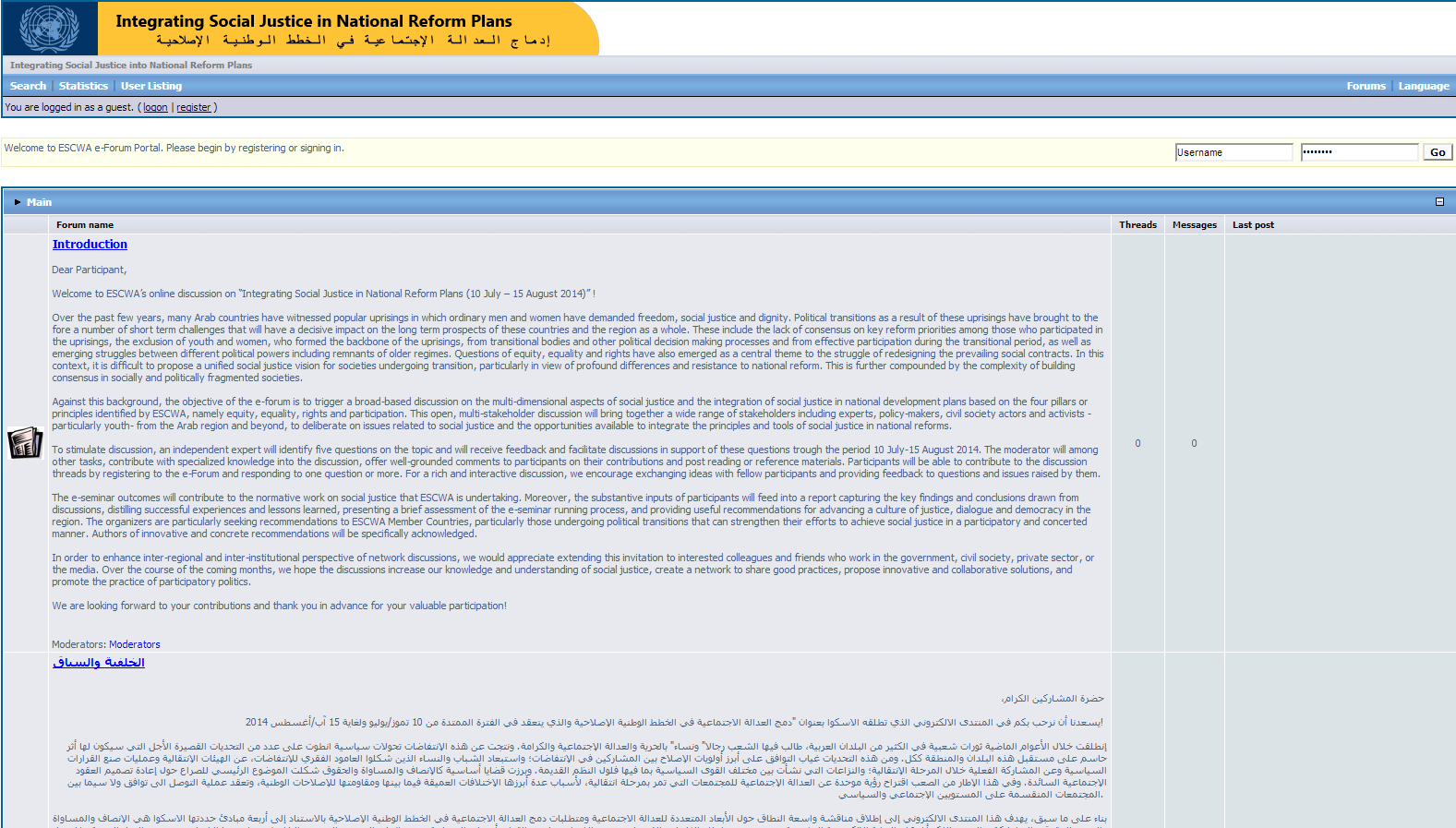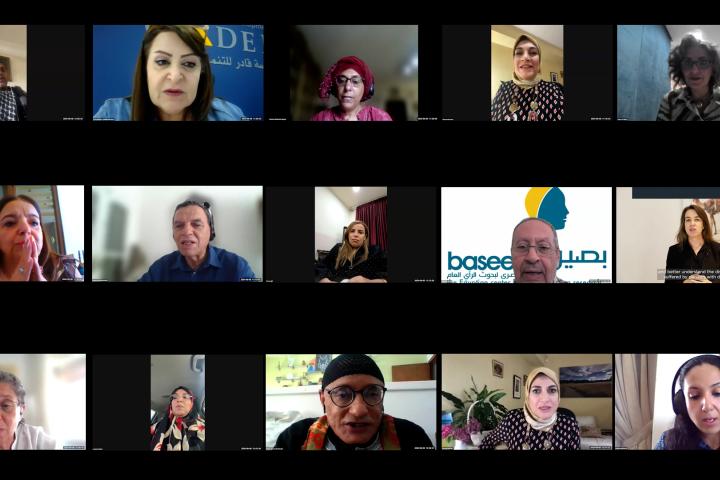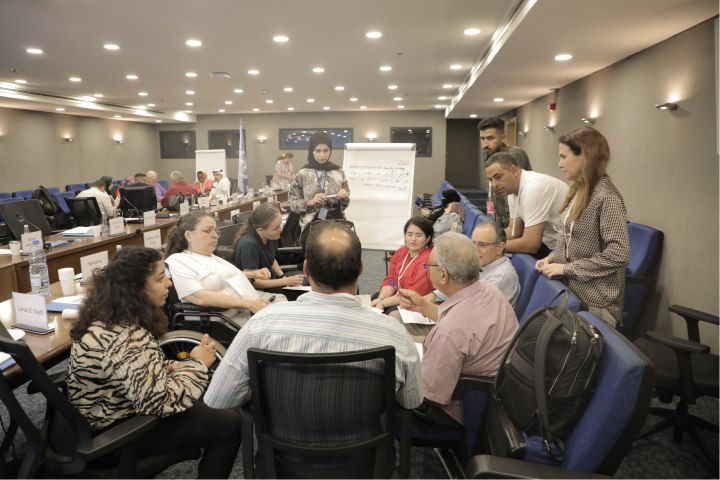Over the past few years, many Arab countries have witnessed popular uprisings in which ordinary men and women have demanded freedom, social justice and dignity. Political transitions as a result of these uprisings have brought to the fore a number of short term challenges that will have a decisive impact on the long term prospects of these countries and the region as a whole. These include the lack of consensus on key reform priorities among those who participated in the uprisings, the exclusion of the youth and women, who formed the backbone of the uprisings, from transitional bodies and other political decision making processes and from effective participation during the transitional period, as well as emerging struggles between different political powers including remnants of older regimes. Questions of equity, equality and rights have also emerged as a central theme to the struggle of redesigning the prevailing social contracts. In this context, it is difficult to propose a unified social justice vision for societies undergoing transition, particularly in view of profound differences and resistance to national reform. This is further compounded by the complexity of building consensus in socially and politically fragmented societies. Against this background, the Participation and Social Justice Section in the Social Development Division of ESCWA launched on 10 July an electronic seminar on Integrating Social Justice into National Reforms Plans, which concludes on 15 August 2014.
The objective of the e-forum is to trigger a broad-based discussion on the multi-dimensional aspects of social justice and the integration of social justice into national development plans based on the four pillars or principles identified by ESCWA, namely equity, equality, rights and participation. This open, multi-stakeholder discussion will bring together a wide range of stakeholders including experts, policy-makers, civil society actors and activists -particularly youth- from the Arab region and beyond, to deliberate on issues related to social justice and the opportunities available to integrate the principles and tools of social justice into national reforms. The e-seminar outcomes will contribute to the normative work on social justice that ESCWA is undertaking. Moreover, the substantive inputs of participants will feed into a report capturing the key findings and conclusions drawn from discussions, distilling successful experiences and lessons learnt, and providing useful recommendations for advancing a culture of justice, dialogue and democracy in the region. The organizers are particularly seeking recommendations to ESCWA Member Countries, particularly those undergoing political transitions that can strengthen their efforts to achieve social justice in a participatory and concerted manner. Authors of innovative and concrete recommendations will be specifically acknowledged. The e-seminar can be accessed at: http://css.escwa.org.lb/sdd/forum.




